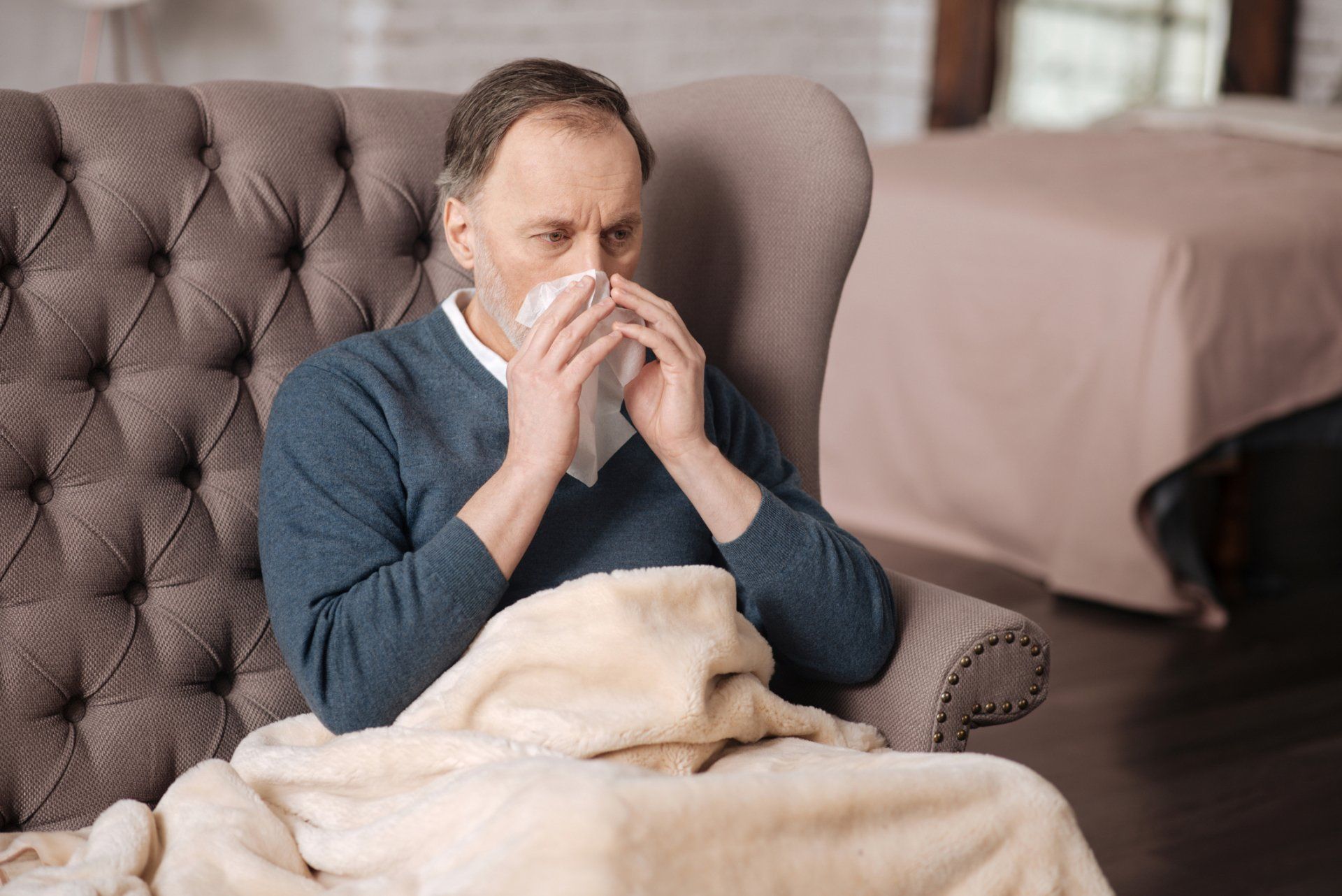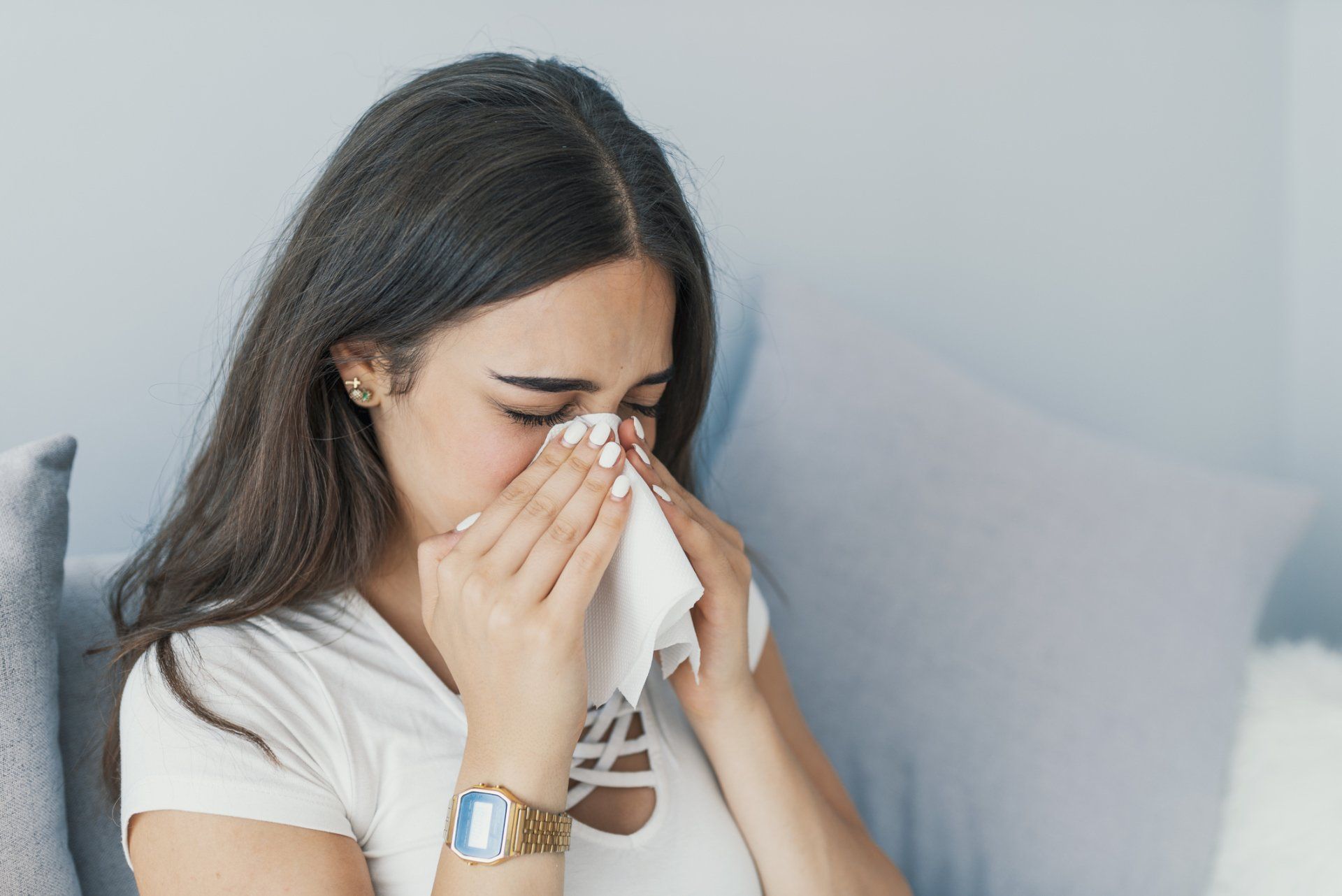In the United States alone, about 50 million people have some type of nasal allergy. For a lot of years, the primary form of allergy treatment was through oral medications that counteracted the allergic reactions to certain triggers. However, immunotherapy in the form of allergy shots is now a highly efficient way to treat allergies in adults and children.
Allergy shots involve giving you a small dose of an allergen-containing solution so that your body naturally builds an immunity to the allergen with time. While they are effective, you may be apprehensive about getting allergy shots due to some prevailing falsehoods. Here are a few of the most common misconceptions about allergy shots and the real truths you need to know.
Allergy shots are considered a highly effective form of treatment for allergy sufferers because the shots work to desensitize you to the allergen itself. On the other hand, prescription allergy medications that are available are geared toward minimizing the symptoms you experience because of the allergy, so they don't change anything about the problem.
Some patients who go through the whole buildup and maintenance phases of shots may not see their symptoms return until a few years after they stop treatment, and some patients never do. With prescription allergy medicine, your symptoms will return about as soon as you stop the medication in most cases.
Additionally, it is worth noting that while allergy medications to treat the symptoms of the condition are common, these do come along with some side effects. For example, oral corticosteroids when taken for long periods can raise your blood sugar levels and even cause things like stomach problems and weakened muscles.
Allergy Shots Are Not a Good Idea If You Have Asthma
Allergy shots are an excellent form of treatment for people who suffer with asthma. In fact, they are one of the most common forms of treatment for those who have both allergies and asthma. A few things that will make you a good candidate for allergy shots if you have asthma include:
- You have obvious asthmatic reactions when exposed to certain allergens
- Your medication alone is not effective at controlling the asth-matic reactions
- You suffer from allergy-related asthma for most of the year
Your individual success with allergy shot treatment for your asthma will vary depending on your specific situation. For example, people who are allergic to environmental allergens like pet dander may see more success than someone with an allergy to certain foods. However, allergy shots may be about as effective for asthma as corticosteroid inhalers.
Allergy Shots Are Painful and Have Severe Side Effects
For most patients, the primary side effect after having an allergy shot will be itching or redness around the injection site, which can be helped with an antihistamine taken just before your visit. Some patients will also experience mild to moderate symptoms following an injection for a few hours, including things like:
- Nasal congestion
- Ithcym, watery eyes Sneezing or Coughing
Beyond these common symptoms, most patients won't experience anything severe, and you should not feel any pain due to an allergy shot. However, a slight chance exists with all forms of immunotherapy for allergies that reactions will be more moderate. Therefore, after getting an allergy shot for the first time, your doctor may have you stay in the office for a bit to monitor your reactions.
Living your life in a world where the basic things around you cause you physical strife and discomfort is no fun for anyone. Thankfully, allergy shots are changing the way people with allergies live for the better. If you would like to know more about allergy shots, contact us at Allergic Diagnostic & Treatment Clinic for more information.











